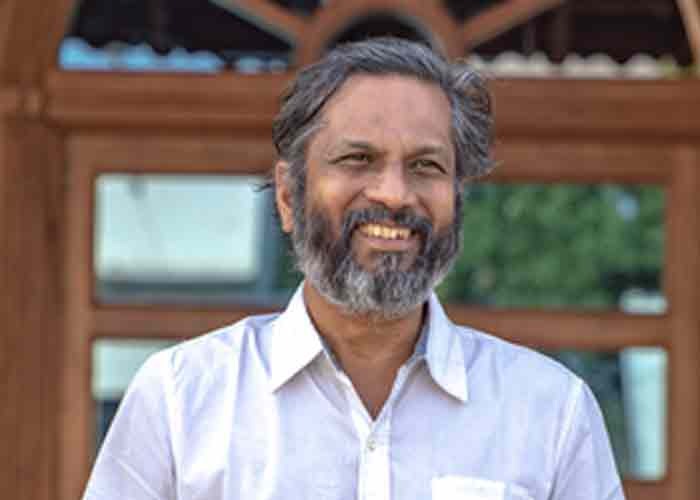
SaaS giant Zoho CEO Sridhar Vembu, calling himself an "experimental economist," Vembu said that the idea of the "economic engine" could apply to a city or a district.
"I always ask, 'What do we sell to the rest of the world from this region, to balance against all the things we buy from the rest of the world?' That stuff we sell from our region is the economic engine," he said.
"We then take the revenue from that economic engine and consider the 'value added in the region,' which includes all the labor income as well as the profits paid to people in the region. Now regional prosperity is very easily understood: what is the value added per person (including all the population of the region) by our 'economic engine'? If that measure is high, we have a prosperous region," he explained.
He said that if a rural district is able to "achieve even $1000 per capita value added in its economic engines, it would be prosperous." This would be a measure of "value added per capita by what the region exports to the world outside this region," he said.
He then said that if Zoho adds an economic value of $100 million a year to the Tenkasi region, which has a population of about 1.4 million, then Zoho's own population of about 1.4 million, then Zoho's own contribution to regional prosperity would be about $70 per person at the entire district level.
"We need such economic engines at every district level in India, in all our 800+ districts. That is the key to balanced regional development," Vembu wrote.
--Advertisement--

 Share
Share



